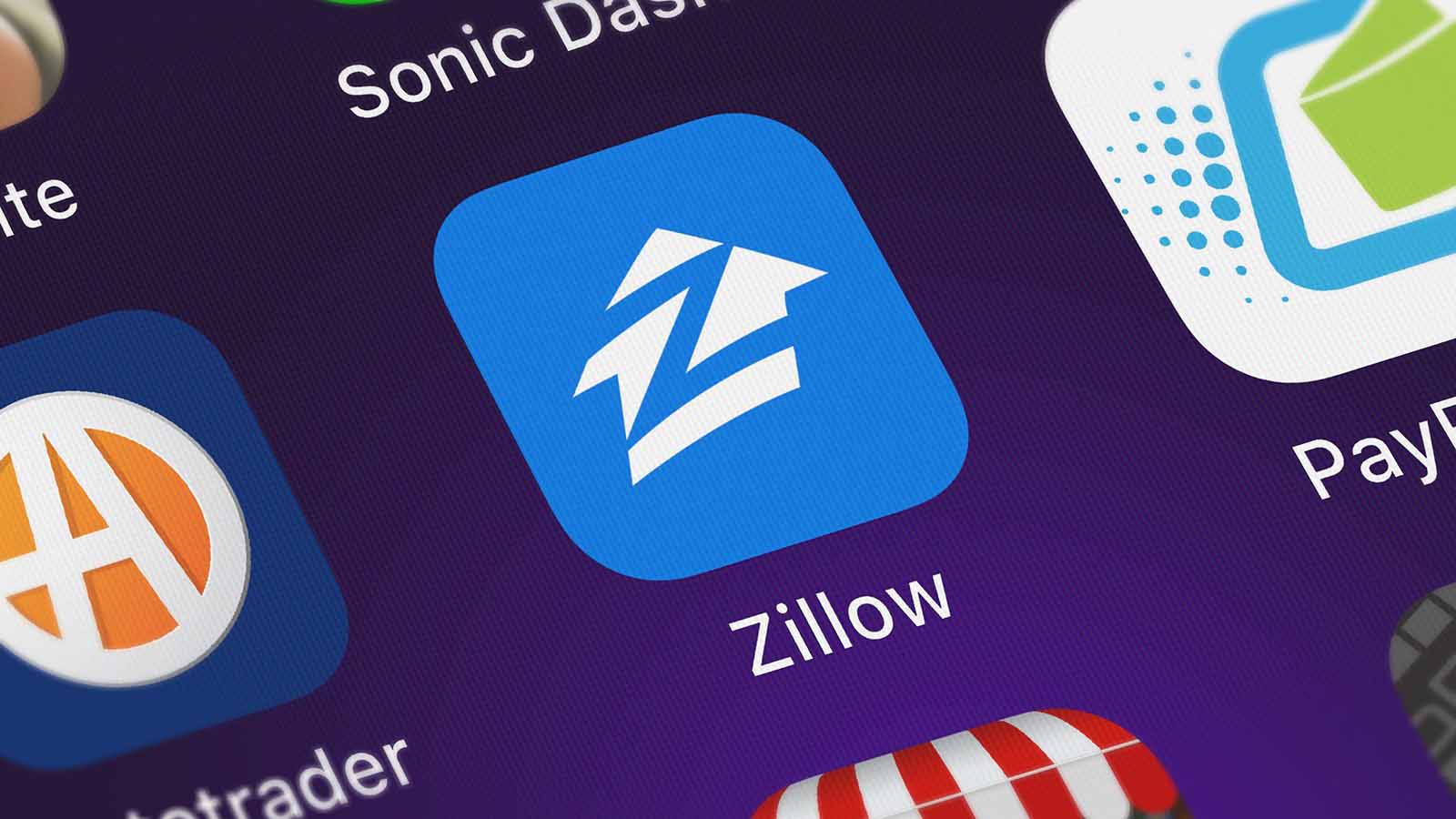If real estate is part of your investment portfolio, you’ve probably done really well in recent years. But that doesn’t mean that Zillow Group (NASDAQ:ZG) stock will be a solid pick in the next few quarters.

The coming months look to be challenging for Zillow and the housing industry after a long bull run. And while nobody is predicting a housing market crash like we experienced back in 2008 and 2009, ZG stock and other housing names will have some headwinds over the next few quarters.
In the short term, a series of analysts are dropping their price targets on Zillow Group, signaling skepticism for the next couple of quarters, at least. In fact, I don’t see ZG stock really starting to rebound until possibly some time in 2024.
Here’s a closer look.
ZG Stock at a Glance
If you’ve ever browsed the housing market to look for a new home to see how your own house would be priced on the open market, you know all about Zillow. The Seattle-based company was founded in 2004 and is an online real estate and rental marketplace.
Not only will Zillow tell you how much your house (or your neighbor’s) is worth, but Zillow also was also recently in the real estate game itself. The company bought and sold homes directly with its Zillow Offers segment. But the project was pretty much hailed as a financial failure and the company ended the venture in November.
And not a moment too soon. ZG stock was valued at more than $200 per share a little more than a year ago. But losses sustained in the company’s real estate buying and selling effort really did a number on Zillow. And that’s reflected in the stock price as of late.
There are actually two tickers that follow Zillow after the company underwent a stock split in 2015. ZG stock is the Class A version of the stock that gives shareholders voting rights, while non-voting shares trade a Zillow (NASDAQ:Z) stock.
Stock Performance
So far this year, ZG stock has been a disappointment. Shares are down 18.3%, which is nearly twice as bad as the 9.4% YTD loss for the Nasdaq composite. ZG stock is also underperforming housing exchange traded funds such as the iShares U.S. Real Estate ETF (NYSEARCA:IYR) or the Vanguard Real Estate Index Fund ETF (NYSEARCA:VNQ).
Granted, earnings for the fourth quarter of 2021, released in February, beat analysts’ expectations. The company reported revenue of $3.88 billion as analysts were expecting only $3.27 billion. Earnings per share were a loss, but were still better than expected. The numbers were a loss of $1.13 per share when analysts had expected $1.22 per share.
In all the company posted a net loss of $261.2 million for the quarter.
But analysts seem more skeptical about coming quarters. DA Davidson lowered its price target from $125 to $78. Piper Sandler lowered its price target slightly as well, from $68 to $64.
Now Zillow is turnings its attention to what’s being called a “housing super app” that would let users buy, sell, finance and rent property. The app is seen as Zillow’s path forward after the disastrous Zillow Offers experiment.
“We’re investing aggressively in innovations that help both buyers and sellers by delivering an integrated set of tech-enabled solutions on our ‘housing super app’ along with our excellent partners,” CEO Rich Barton said. “We know millions of movers today start with Zillow, and in the future, we plan to be with them every step of their journey.”
The Housing Market
Maybe Zillow’s housing app will prove popular. But the biggest challenge facing the company isn’t new technology – it’s the housing market itself.
The growth in housing prices in the last five years has been stellar. The S&P/Case-Shiller U.S. National Home Price Index is up nearly 300% since January 2017.
That’s great for Zillow and ZG stock. As home prices go up, people are more inclined to be interested in the housing market to see how much equity they have. Or maybe they’re looking to buy an investment property.
But look what’s happening in the market now. Interest rates are on the rise, reaching 4.42% for the average 30-year fixed mortgage rate. That’s up 1.31 percentage points in just three months.
Just in January, the rate was only 3.22%. And in January 2021, the rate was 2.65%.
With mortgages more expensive, the dream of buying a home is a lot more challenging. And if more people are being priced out of the buying market and fewer people are engaging on Zillow’s platform, ZG stock will feel the effects.
The Bottom Line
If you’re thinking about ZG stock, there’s some light at the end of the tunnel. But the tunnel may be longer than you like.
Zillow says that it expects inventory levels to bounce back to pre-pandemic levels sometime in 2024. That’s also the year that first-time homebuyers are finally expected to rebound to 2019 levels.
Can you hold ZG stock for that long and be happy with the results?
I’m all about buy-and-hold investing. I love taking the long view. But when it comes to ZG stock, I’d be more inclined to invest my money elsewhere and get back into Zillow sometime late in 2023.
On the date of publication, Patrick Sanders did not have (either directly or indirectly) any positions in the securities mentioned in this article. The opinions expressed in this article are those of the writer, subject to the InvestorPlace.com Publishing Guidelines.
